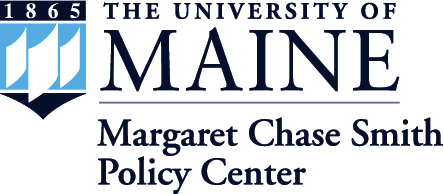Abstract
Comanagement is the sharing of responsibility for management between fishermen and fisheries agencies. It shifts fishermen’s incentives to include longer term conservation goals, generates fine-scale information for management that would not otherwise be available, and develops fishing strategies that are consistent with conservation. Analysis of comanaged fisheries in Maine, for lobster, clams, river herring, and scallops, indicates that comanagement improves fisheries productivity and is more effective than standard, top-down, broad-scale fisheries management.
First page
30
Last page
40
Rights and Access Note
This Item is protected by copyright and/or related rights. You are free to use this Item in any way that is permitted by the copyright and related rights legislation that applies to your use. In addition, no permission is required from the rights-holder(s) for non-commercial uses. For other uses you need to obtain permission from the rights-holder(s).
DOI
https://doi.org/10.53558/EIEZ8381
Recommended Citation
Hayden, Anne. "Comanagement in Maine: Integrating Fishermen’s Ecological Knowledge into Government Oversight of Fisheries." Maine Policy Review 32.2 (2023) : 30 -40, https://digitalcommons.library.umaine.edu/mpr/vol32/iss2/6.
Creative Commons License

This work is licensed under a Creative Commons Attribution-NonCommercial-No Derivative Works 4.0 International License.
Included in
Marine Biology Commons, Other Economics Commons, Population Biology Commons, Social and Cultural Anthropology Commons
